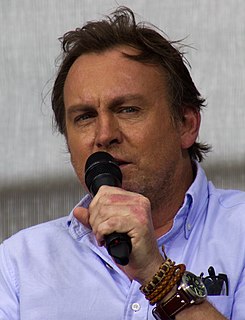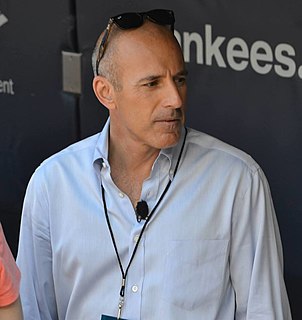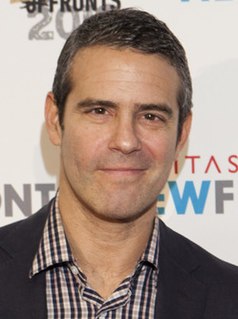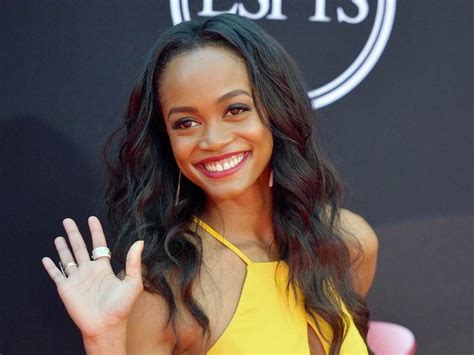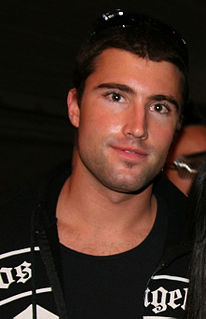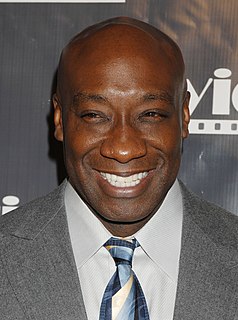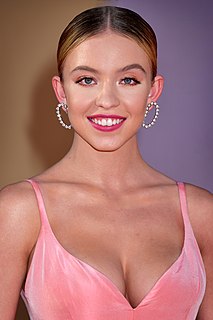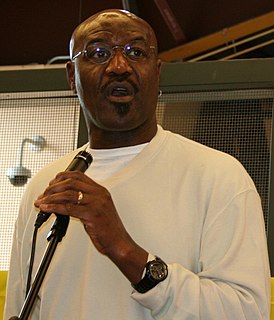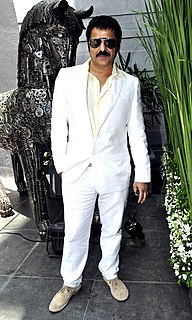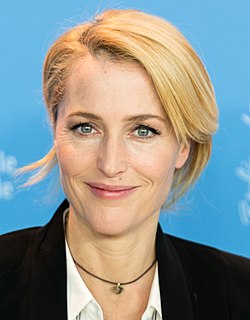A Quote by Philip Glenister
My father was a television director and I always knew I wanted to be in the industry but I had thought my role was behind the camera as opposed to in front.
Related Quotes
Being in front of the camera - first of all, when I wanted to get into television, it was as a producer. I never had an idea that I would do anything in front of the camera, and that kind of happened by accident. But I wanted to be a producer or give me a job with the Yankees or play for the Knicks. I was a sports nut when I was a kid.
We have African-Americans and black people getting behind the scenes more and more, we get true black images in television and film...because we have black people behind them. They can tell stories from those points of view and bring to life those characters who have yet to be shown. As long as we have people behind the camera just as much as in front of the camera doing the work, then we'll always be good.
A lot of nepotism that exists, actually, exists outside this industry because in this industry, behind the camera a director's son becomes a director and a producer's son becomes a producer and that is still understandable that they are carrying their legacy but for actors, it is very very different.
In my early teens, I knew I wanted to do television production. I loved cameras, editing and producing, anything that had to do with television production. My friend had a production studio across town, and we'd go over there at night and shoot and edit. I produced my father's televised service for 17 years.
